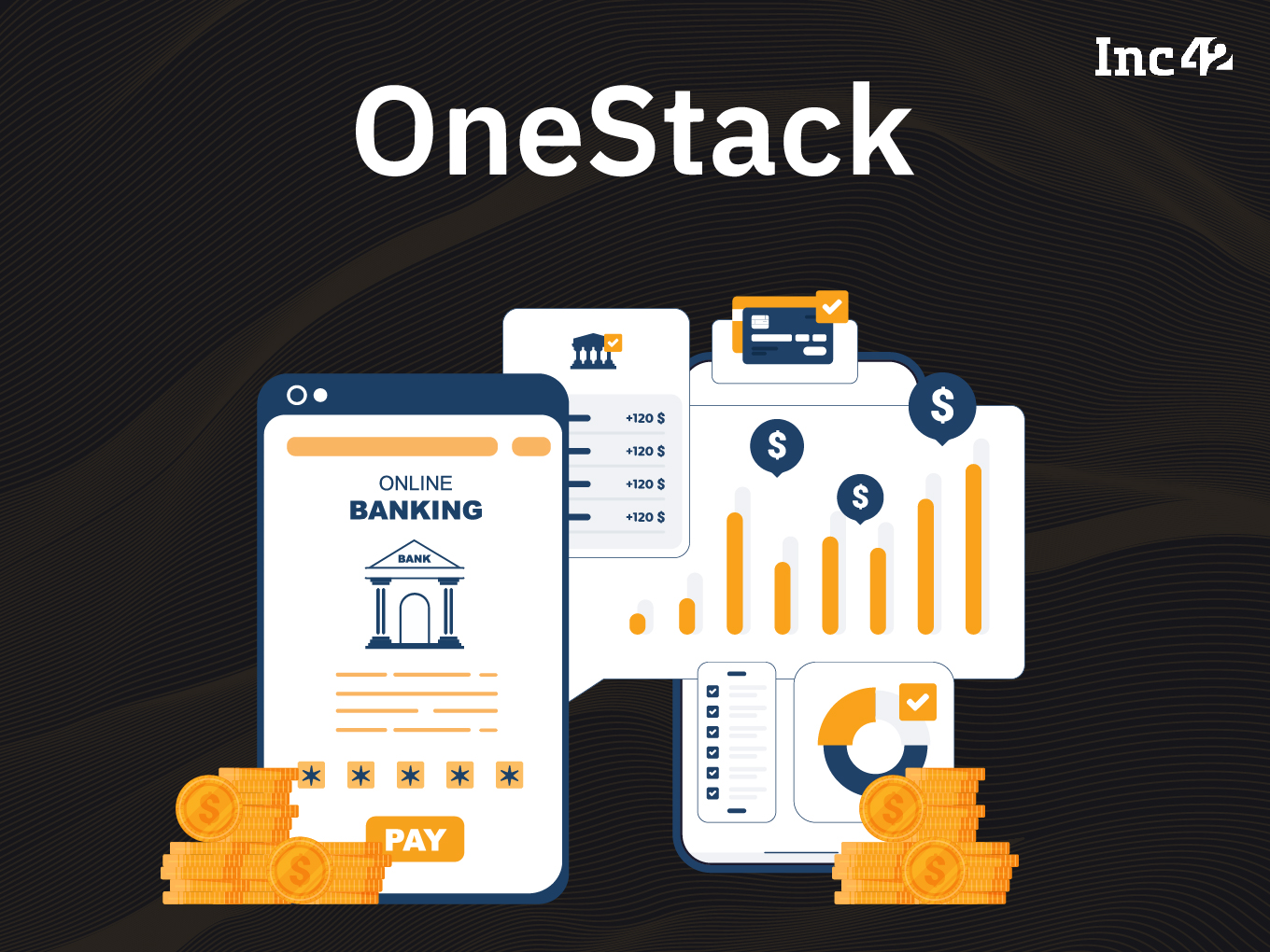Hailing from the Apollo Hospitals family, Upasana Kamineni Konidela has always believed in creating socialistic sustainable businesses that not only create meaningful impact but also give back to society.
Upasana, who has an International Business Marketing and Management degree from Regents University, London and Love for Health and Wellbeing, started Apollo Life in 2018 by incorporating best well-being practices from around the world to help increase the productivity of Corporate India. Today, Apollo Life has the largest number of Occupational Health Centres in the country.
Her next venture, Family Health Plan Insurance Ltd (FHPL), founded in 2019, is one of the most sought after TPAs in India, servicing health insurance policies of individual policy holders, corporates, and beneficiaries covered under government health schemes.
The company has a pan-India presence with a network of 14,000-plus healthcare providers and 26 branch offices. As a TPA, it has partnered with 26 insurance companies, and has been servicing the likes of HDFC Bank, Nokia, LG, Vodafone Idea, DBS bank, DELL, Ashok Leyland, and Google India.Upasana, who received the Femina Award for Recognition in Healthcare in 2017, was recognised among the Tycoons of Tomorrow and felicitated by Forbes in 2018. Earlier this year, she was awarded the Dadasaheb Phalke Excellence Award for Philanthropist of the Year.
In conversation with YourStory, Upasana talks about FHPL’s journey and growth plans.
Edited excerpts of the interview:
YourStory (YS): Why did you choose to start FHPL? What is the problem it is aiming to solve?
Upasana Kamineni Konidela (UKK): FHPL is an associate company of Apollo Hospitals group. The company was incorporated in 1995, much before the TPA concept was introduced by Insurance Regulatory Authority of India (IRDAI). With our chairman’s vision of affordable healthcare to all, FHPL was incorporated to assist in healthcare administration.
The initial projects were a part of a self-funding model for Arogya Bhadrata, covering police personnel and their families in the state of Andhra Pradesh and Food Corporation of India, under the insurance model facilitating health claims processing. The IRDAI introduced the concept of Third Party Administrators (TPA) in the year 2001, but FHPL was already providing similar services to associations and corporates.
TPAs are regulated by IRDA Regulations 2001 and to carry on the business of servicing health insurance policies, an incorporated company must get licensed by IRDAI. Ours was one of the first TPAs to get licensed.
YS: Tell us about being part of the Ayushman Bharat Pradhan Mantri Jan Arogya Yojana Scheme. What part does FHPL play and how does this work?
UKK: FHPL is one of the very first TPAs to enter Ayushman Bharat — Pradhan Mantri Jan Arogya Yojana servicing. Out first project was in Nagaland through the insurance model. The next was Uttarakhand under the trust model. FHPL’s experience in handling very large government projects earlier helped in setting up infrastructure and manpower within a record time of 15 days.
FHPL proved very efficient in delivering services, even though both the states had tough terrain. FHPL is currently servicing AB-PMJAY in Uttarakhand, Punjab, Gujarat, and Assam.
The National Health Authority (NHA) provides software for servicing all PMJAY projects. All beneficiaries can avail benefits through cashless-only; cashless and claims servicing is the most important role of any TPA. All other services enlisted are connected to these services, and the scope of services is governed by service-level agreements between the parties.
YS: What were the challenges of setting up the business and how did you overcome them?
UKK: Providing cashless facility to insured members for hospitalisation was a revolutionary change in health claims servicing. As the new concept was evolving, every servicing aspect had to be innovative.
Building trust with service partners like insurers and hospitals, and winning confidence of insured members was challenging. Every detail in servicing, right from data transfer from insurance companies to sharing communication of how to avail cashless and claims servicing to insured members, from servicing protocols to reporting to various stake holders, had to be worked out.Software and technology support was essential from day one. Building the technology platform was the most critical part of beginning the services. Bringing a large number of hospitals into the network for the cashless facility was really a Herculean task.
The fact that FHPL is a company floated by promotors from a healthcare background helped in framing SoPs quickly to become the leader in the space.
YS: How does FHPL work?
UKK: As a licensed TPA from IRDAI, FHPL’s scope of business and servicing is highly regulated. FHPL is currently working with almost all general insurance and standalone health insurance companies. Servicing is within the framework of SLAs signed with each insurer. The scope of work is almost similar, but SoPs are defined and agreed upon between the parties, and may vary.
A very broad categorisation of services are enrolment and issuance of health cards, cashless and claims servicing, contact centre and CRM services, provider network management, and MIS. Each of these broad categories has a subset of services.
The TPA services starts after the health insurance policy is issued by the insurance company, and the policy and member data flows into our system. Each member enrolled with us is given an e-card or a physical card for availing cashless facility at hospitals.
A member can choose to avail hospitalisation at other hospitals beyond the network hospital and seek reimbursement of claims through TPA. Guidance to avail claim reimbursement is communicated through various modes to insured members. Providing cashless facility and reimbursement claims servicing are the most important and critical part of any TPA services.
YS: What has been revenue, traction and growth from the date of inception till now?
UKK: The growth was phenomenal. We started as a TPA in the year 2002, armed with a healthcare background, and as very early entrants in the space. The setback was in 2007 when Apollo Munich Health Insurance Co came into existence from the same group.
The entire retail portfolio was withdrawn by insurers with apprehension of conflict of interest as both companies belong to the same group. But FHPL quickly recovered, proving that arm’s length transactions with Apollo Munich Health Insurance Co within the group were possible, successfully reinstating lost confidence.
There was no looking back after 2009. FHPL is very consistent in business growth and today we are the most trusted TPA in the country.
YS: What is the one thing that sets you apart from your competitors and what's your revenue model? Who are your key clients?
UKK: Consistency in delivering the key TPA services with transparency and integrity made us the first choice TPA. The relationship with many of our large corporate clients is very longstanding, thanks to our proven track record of technology-enabled service delivery, with a human touch.
We have corporate clients from across sectors like banking, manufacturing, pharmaceuticals, food and beverages, telecom, IT healthcare, insurance and many more. FHPL is currently servicing retail policies of 10 insurance companies, which includes allocation from all four PSU insurers.
YS: What are your future plans?
UKK: We are working towards automation of all processes to bring in more efficiency and speed in service delivery. We believe this automation initiative can bring in tremendous improvement in service delivery, reducing Turnaround Time (TATs) by 50 to 100 percent. Our vision is to become an industry leader, setting new benchmarks in customer satisfaction.
Edited by Teja Lele Desai

 3 years ago201
3 years ago201







 English (US)
English (US)